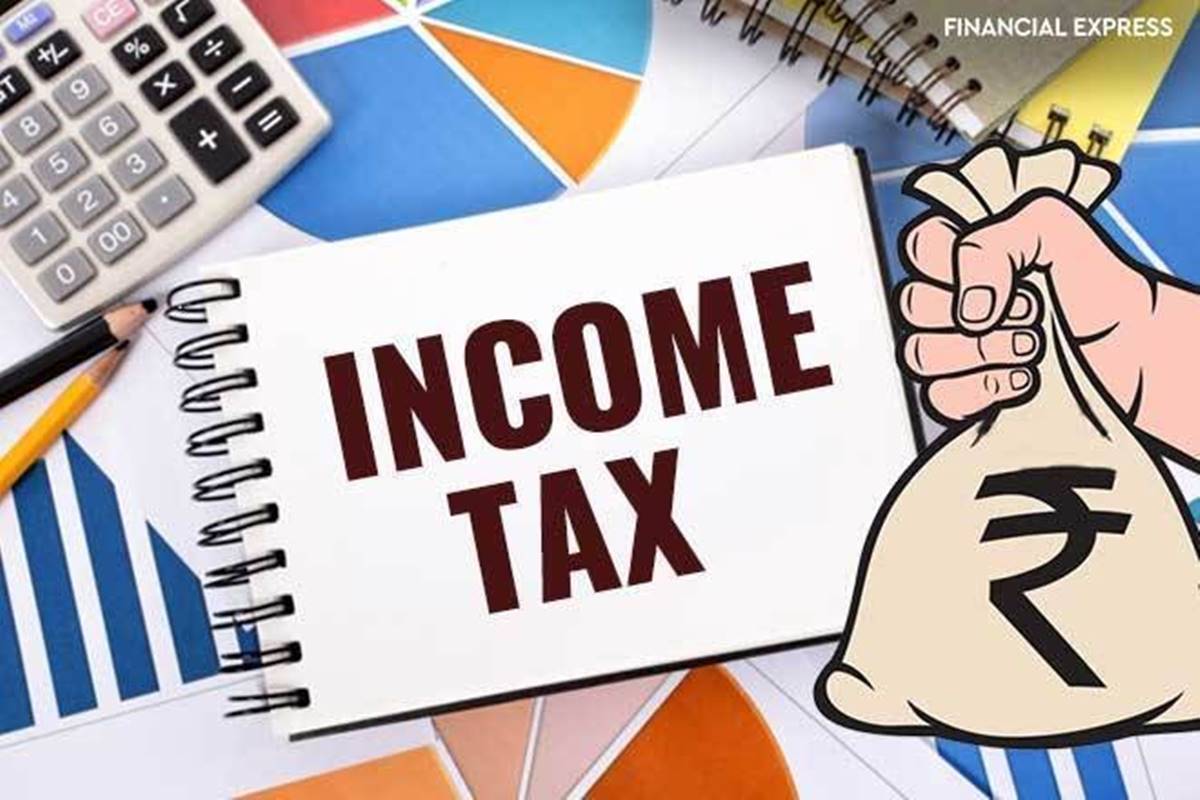Gujarat: Jiteshkumar Makwana, an office fellow, said he froze when he saw the income Income Tax Department notice questioning him to clarify ₹36 crore transactions.
Fraud Suspected as Office Boy’s PAN Used for Unexplained High-Value Filings
In a bizarre and alarming incident, Jiteshkumar Makwana, a modest office boy from Ratanpur village in Gujarat Sabarkantha district, received an Income Tax notice accusing him of concealing ₹36 crore in financial transactions—despite earning only ₹12,000 per month and having just ₹12 in his bank account.
Makwana, who works at an IT firm, was shocked when the notice landed on March 29 under Section 148A(1) of the Income Tax Act, which is served before reopening an income assessment. It alleged he failed to disclose ₹36.03 crore in transactions during the financial year 2020–21.
“I Froze When I Saw ₹36 Crore”
“I froze. I kept staring at the paper, trying to make sense of it,” said Makwana, who supports a family of five. He immediately approached the local police, who referred him to the cybercrime unit. But instead of finding help, he was caught in a bureaucratic loop—bounced between the I-T office, GST department, and other officials.
He initially believed the notice was a case of mistaken identity, but officials clarified that the PAN number used in the filings was his.
PAN Misuse and Billing Fraud Suspected
According to officials, the GST department had flagged high-value filings linked to Makwana’s Permanent Account Number (PAN). An Income Tax official said the case could be part of a billing fraud, where scammers use unsuspecting individuals’ PANs and personal details, sometimes without their full awareness, to carry out fake GST filings and fraudulent transactions.
Makwana says his bank statements show no irregularities, adding to the suspicion that his credentials were used purely on paper to launder or disguise financial activities.
Under Investigation, But No Relief Yet
Despite the mounting evidence of fraud, Makwana has yet to receive any formal relief. The investigation is ongoing, but the emotional and legal burden remains squarely on him.
This incident highlights rising concerns around digital identity theft and misuse of PAN and GST data, especially among low-income individuals who may not fully understand the implications of such misuse.
What is Section 148A(1)?
Under Section 148A(1) of the Income Tax Act, tax officials can notify an individual about suspected income concealment and seek a response before reopening an assessment in Gujarat. The individual has the right to reply and submit evidence, which is crucial in Makwana’s case to prove his non-involvement.
Need for Stronger Protections
This case brings attention to the urgent need for better safeguards around PAN and GST registrations, especially for vulnerable populations who are at risk of identity misuse in sophisticated financial frauds.
Makwana hopes that justice will prevail. “I just want this to be over. I want to go back to living a normal life.”
4o




























